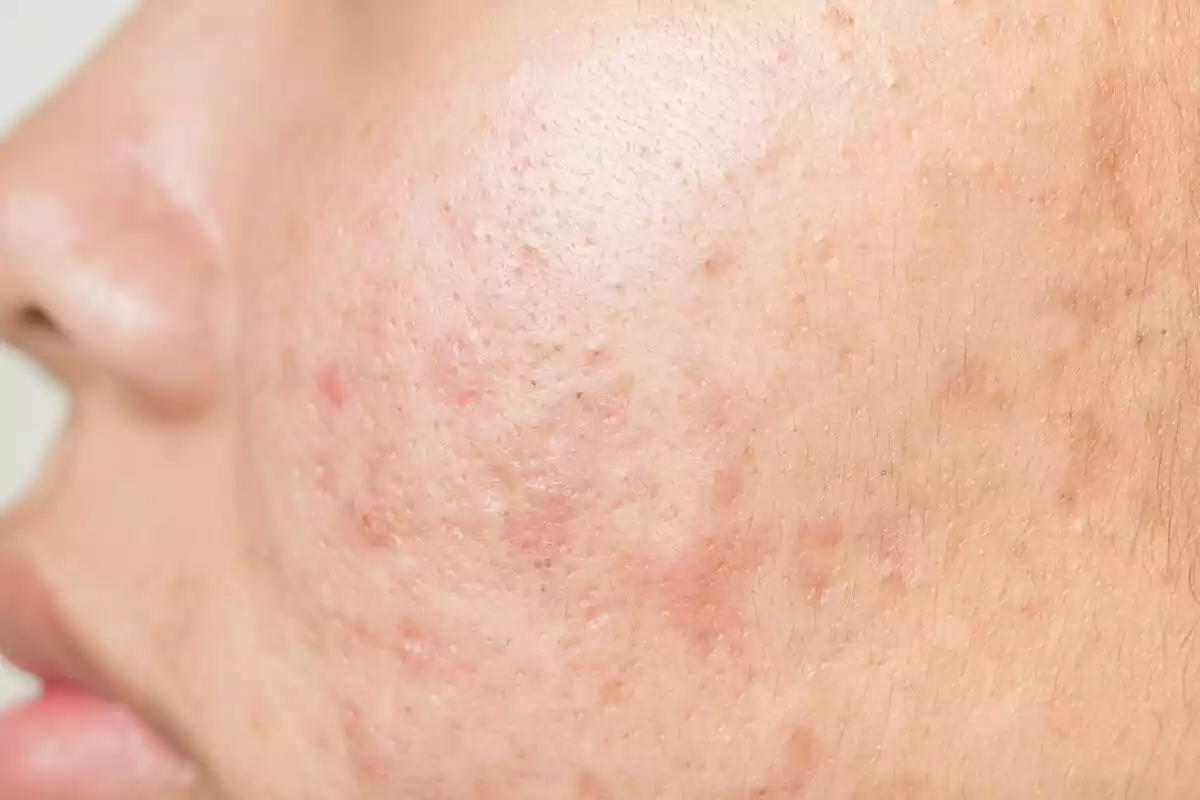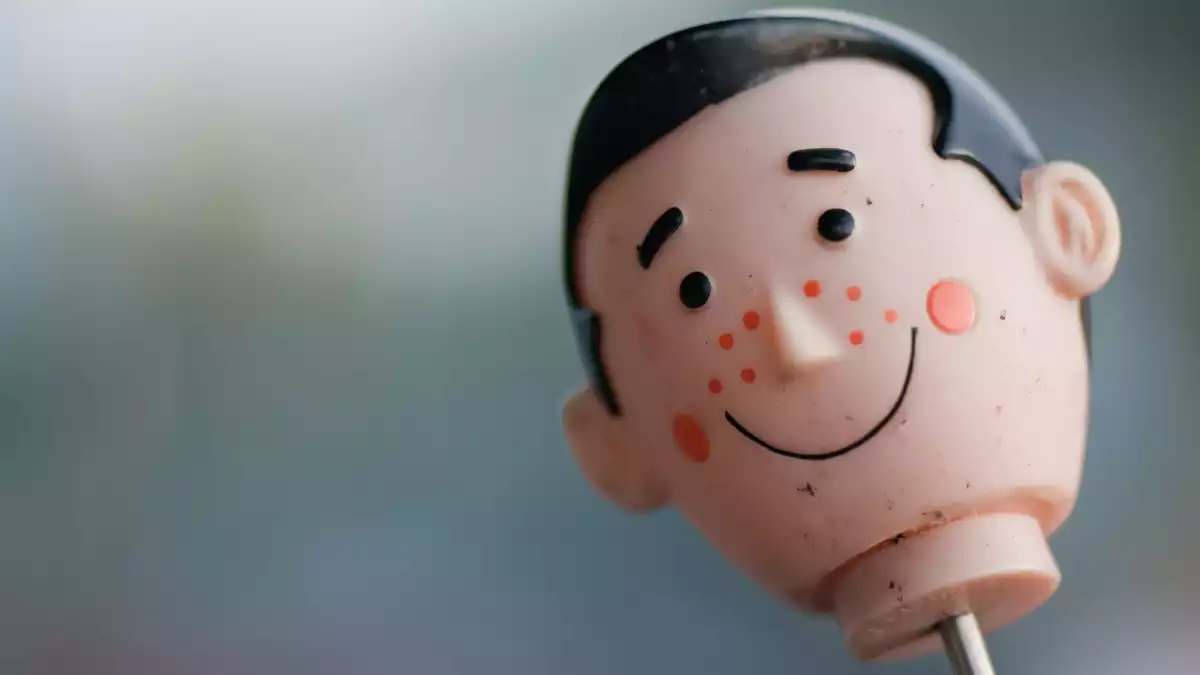
Most of us have struggled with acne at some point in our teenage years. It's uncomfortable, unaesthetic, and sometimes painful. Acne is caused by the inflammation of the sebaceous glands beneath our skins, and it is more common in adolescents although, adults can experience acne as well.
There are many prescription treatments available to cure acne and also, a great variety of home remedies for acne. We will explore 18 of the most effective solutions for oily and pimply skin.
18 home remedies for acne
Acne can annoy people that have it, and it is estimated to affect 9.4% of the world's population with the highest prevalence in adolescents. This skin condition comes in various forms such as whiteheads, blackheads, pustules (pimples), cysts, and nodules.
1. Lemon and other citrus fruits
Lemon is one of the classic home remedies for acne, and it has long proved its curative properties. Citric acid has antibacterial, astringent and soothing qualities.
The best acne treatment using lemons is the following: cut the fruit in half, rub the lemon pulp on the affected area (or drip lemon juice on it) and leave it on for 10 min.
Other citrus fruits can be used as home remedies for acne: grapefruit, lime, and orange - whose peal is also used to get rid of acne scars.
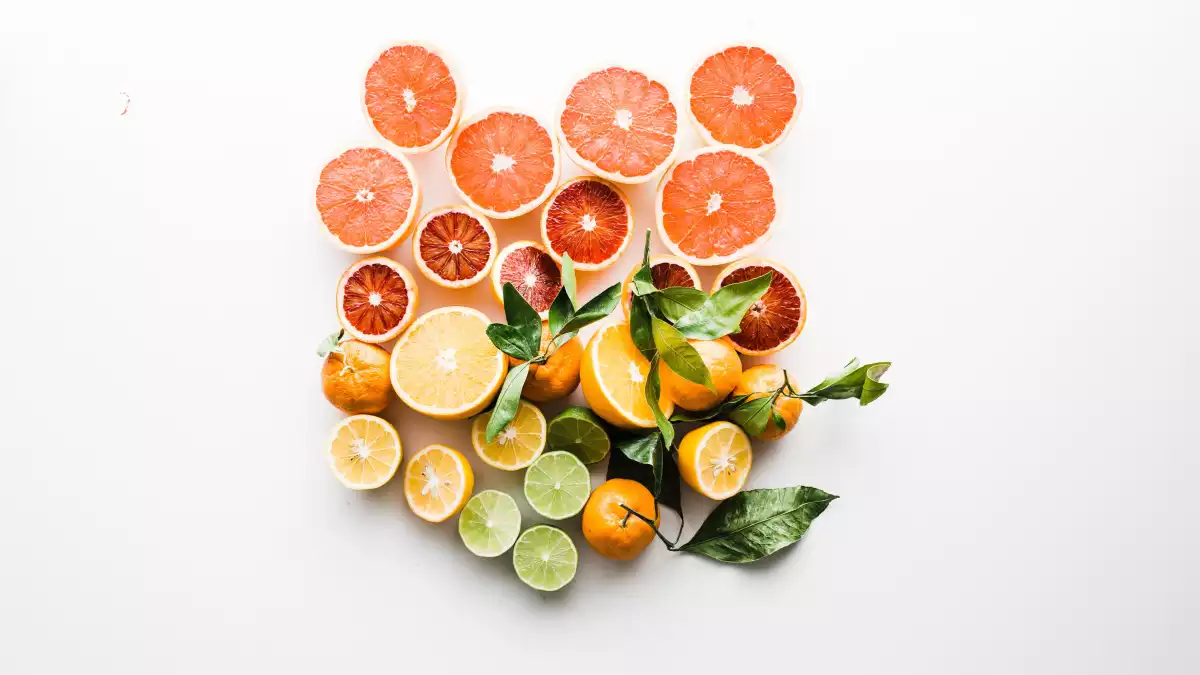
2. Baking soda
Baking soda has been used for decades to treat various medical conditions. It can be utilized as an acne treatment due to its exfoliating properties, as well as its effectiveness in reducing oil amounts in the skin.
The anti-inflammatory properties, as well as the antiseptic qualities, help reduce acne scars and balance the Ph level of the skin.
To make the acne treatment, you will need to mix two tablespoons of baking soda with water. This paste can be directly applied to pimples or other acne lesions and left on for 20 minutes before thoroughly washing off. Apply a moisturizer immediately afterward to reduce the risk of the skin drying out.
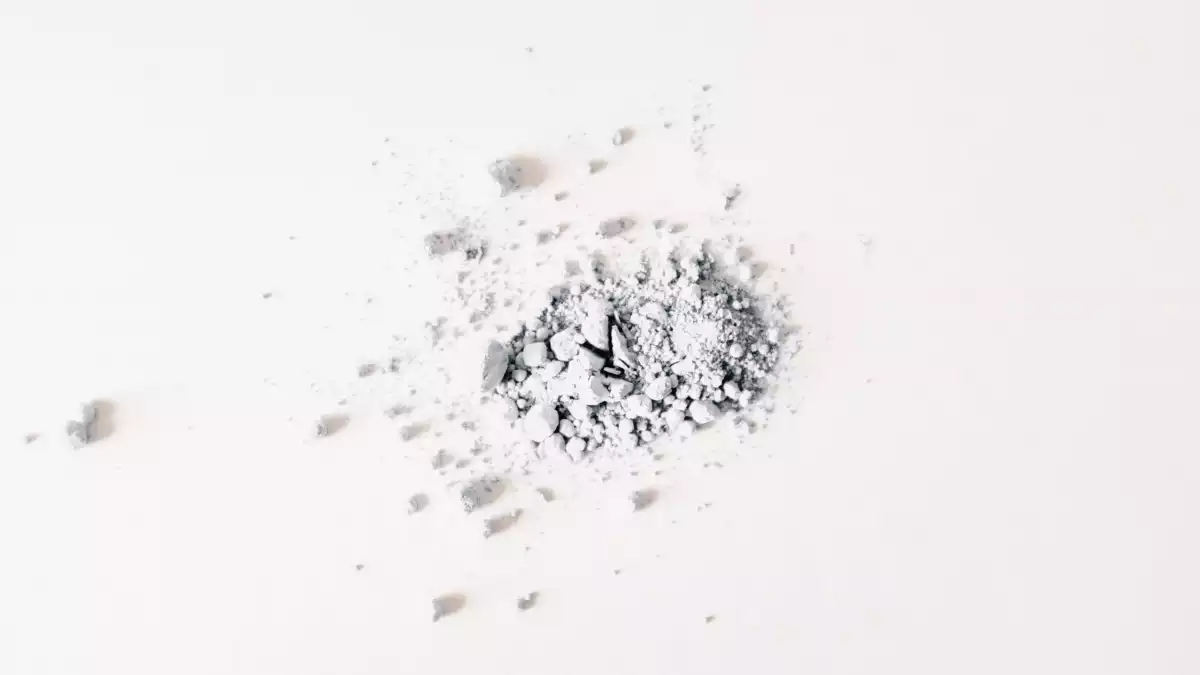
3. Aloe vera
Aloe vera is another fantastic home remedy for acne as it has curative properties such as anti-inflammatory, antioxidant, antibacterial, and skin brightening qualities.
This simple acne treatment entails cutting an aloe leaf and applying the get directly on the affected area. Leave for 10 minutes before rinsing off with warm water.
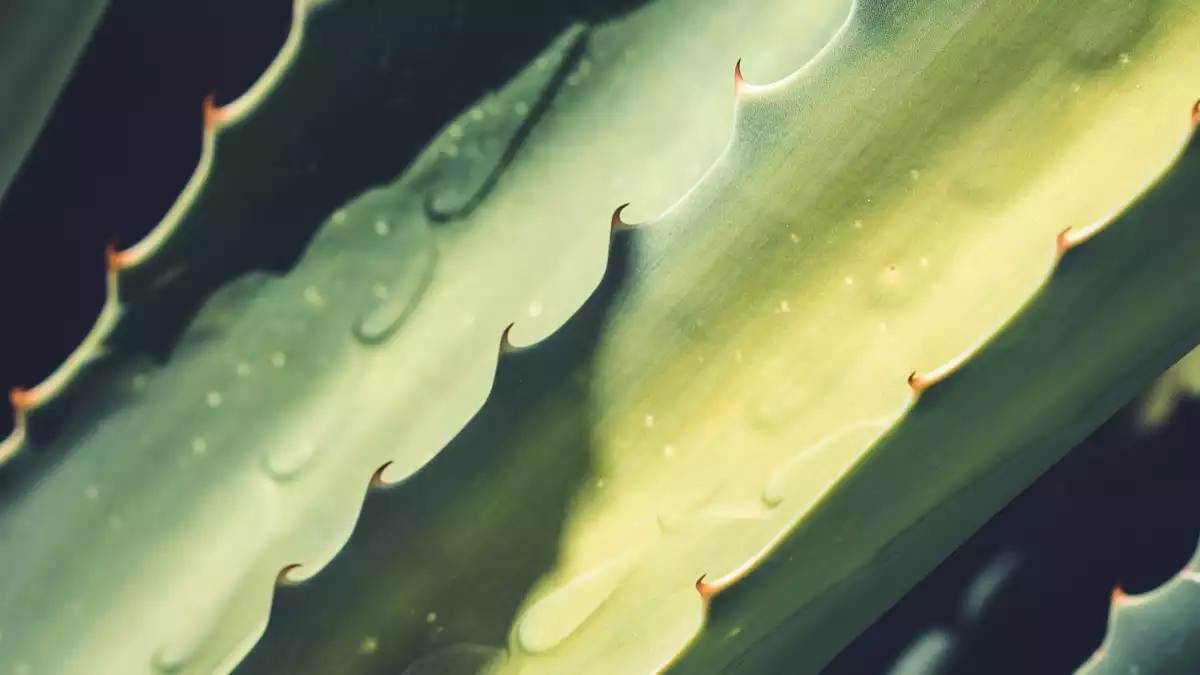
4. Egg
Perhaps unusual to some, egg whites are an excellent remedy for acne lesions as the egg white acts as a natural moisturizer and facilitates cleaning out blackheads, fat, and other impurities.
Separate the yolk from the whites, and use the egg whites to cover the affected areas on the skin. Rinse with warm water after 10-15 minutes.
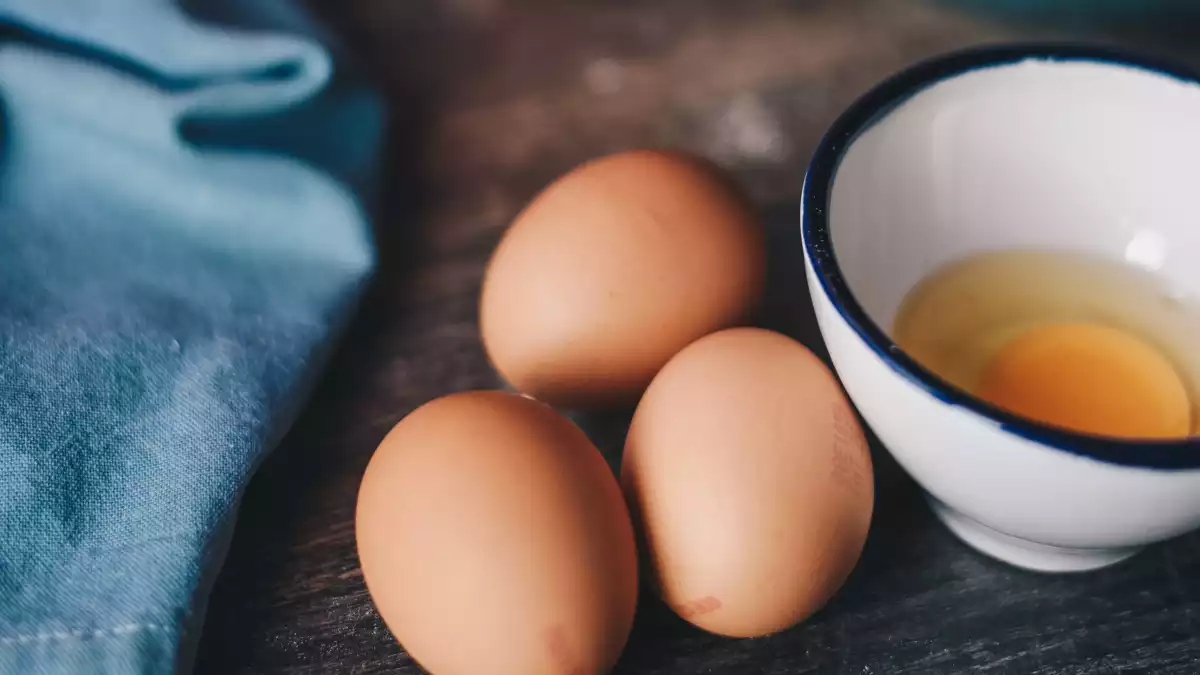
5. Saline solution
Mixing warm water and salt gives us the ideal saline solution to wash our faces with. Doctors recommend that people struggling with excess oil and acne should wash their faces with saline instead of soap.
6. Garlic
Garlic is as affordable as it is useful. Using this species to treat acne is highly helpful due to the anti-inflammatory properties it has. Allicin found in garlic helps to kill the bacteria causing acne, and it also helps to reduce swelling, and improve blood circulation.
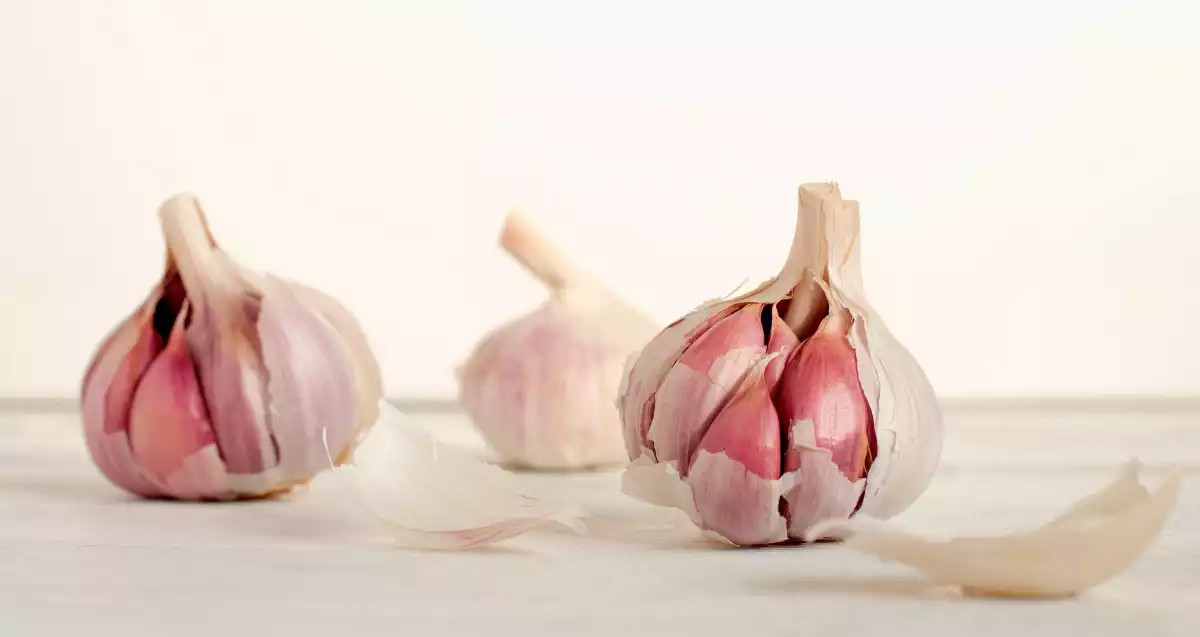
7. Honey
Honey is another magical ingredient that has been used to treat acne for decades.
It has antimicrobial, anti-inflammatory, antioxidant, healing, and cleansing properties and applying raw honey on acne reduces the swelling and kills the acne-causing bacteria.
8. Healthy diet
There is a great variety of changes that we can make in our diets so that we reduce the chances of getting acne. For one, we can start eating organic products as a way of avoiding skin conditions.
On the contrary, processed and fatty foods have been proven to worsen acne and its symptoms.
However, while more research is needed, a diet rich in omega-3 fatty acids may reduce inflammation and improve symptoms of acne. Foods rich in omega-3 fatty acids include fish, such as mackerel, salmon, sardines, and pastured eggs.
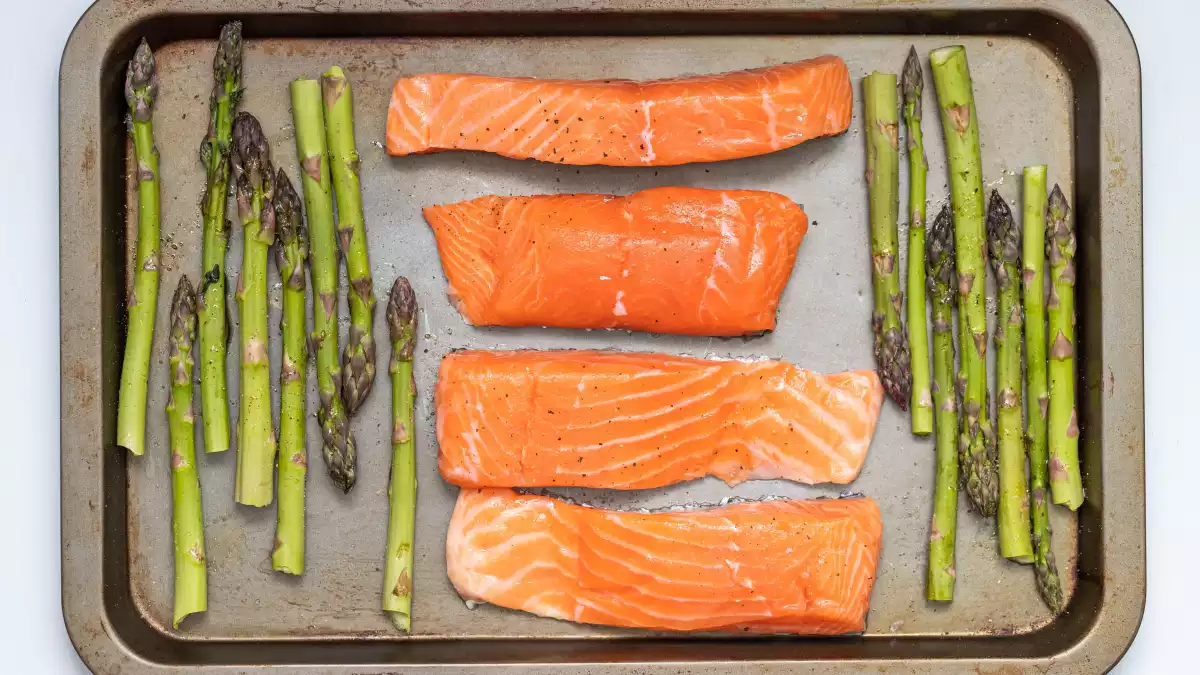
9. Tea tree oil
Another important home remedy for acne is tea tree oil. Topical use can help reduce swelling and its antibacterial properties fights the Cutibacterium acnes, the bactria linked with the skin condition of acne.
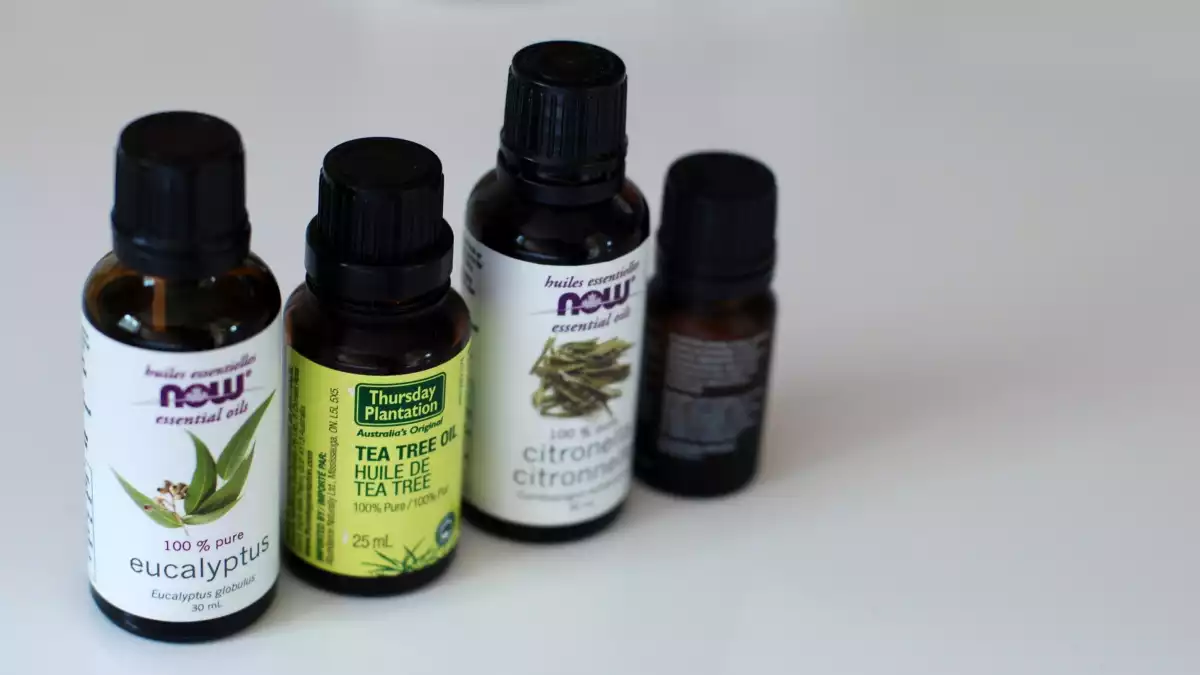
10. Use oil-free hygiene products
Cosmetic products which have an oil base can sometimes clog our pores which increases the risk of getting acne.
Therefore, the recommendation is to find personal care products labeled "oil free" and "non-comedogenic" as these products contain ingredients that allow the skin to breath and make for a perfect home remedy for acne.
11. Coconut oil
Similarly to other natural remedies, coconut oil is rich in anti-inflammatory and antibacterial properties. It fights against the bacteria that causes acne and reduces the swelling around the affected area. Coconut oil can also cure acne scars and lesions.
To apply it, use a Q-tip and gently cover the acne affected area with coconut oil.
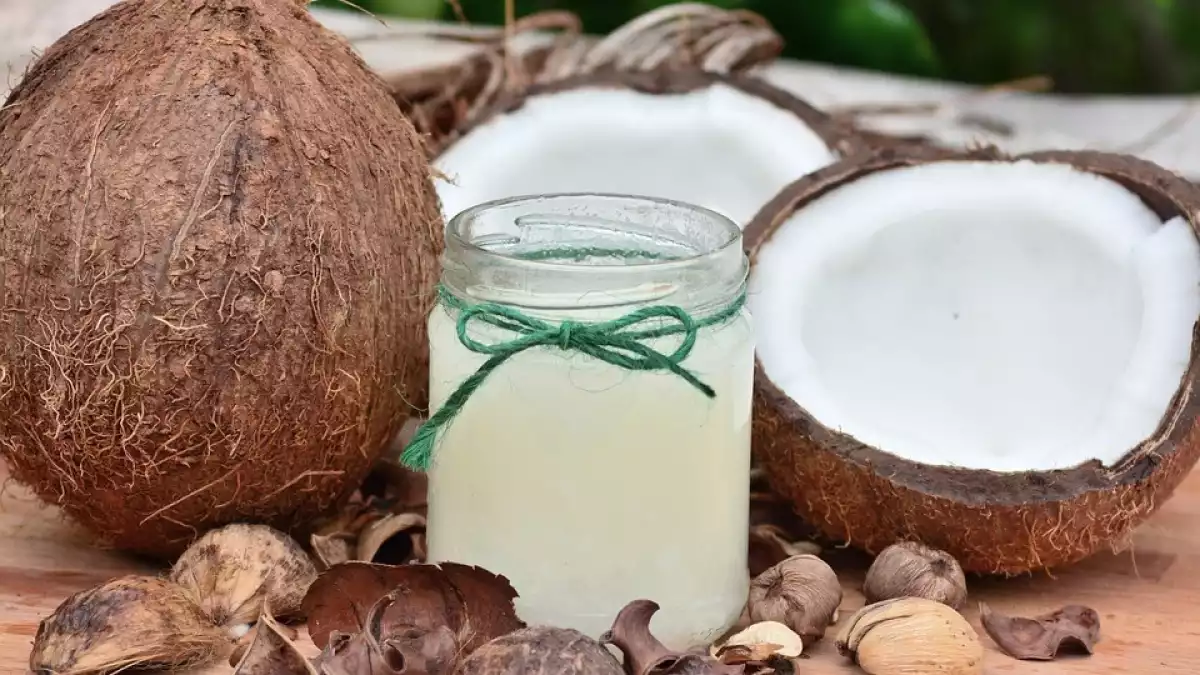
12. Jojoba oil
Jojoba oil is a waxy natural-occurring substance that is obtained from the seeds of the jojoba tree. Although at first sight, it can appear to cause even more oil to build up, jojoba oils are extremely effective in healing acne scars and curing acne lesions.
Certain compounds found in jojoba oil are useful in reducing inflammation which can significantly improve the condition of the inflamed pimples.
13. Echinacea
Echinacea, a plant in the daisy family, can help us treat the unpleasant effects of acne due to its properties to reduce swelling and eliminate a potential infection.
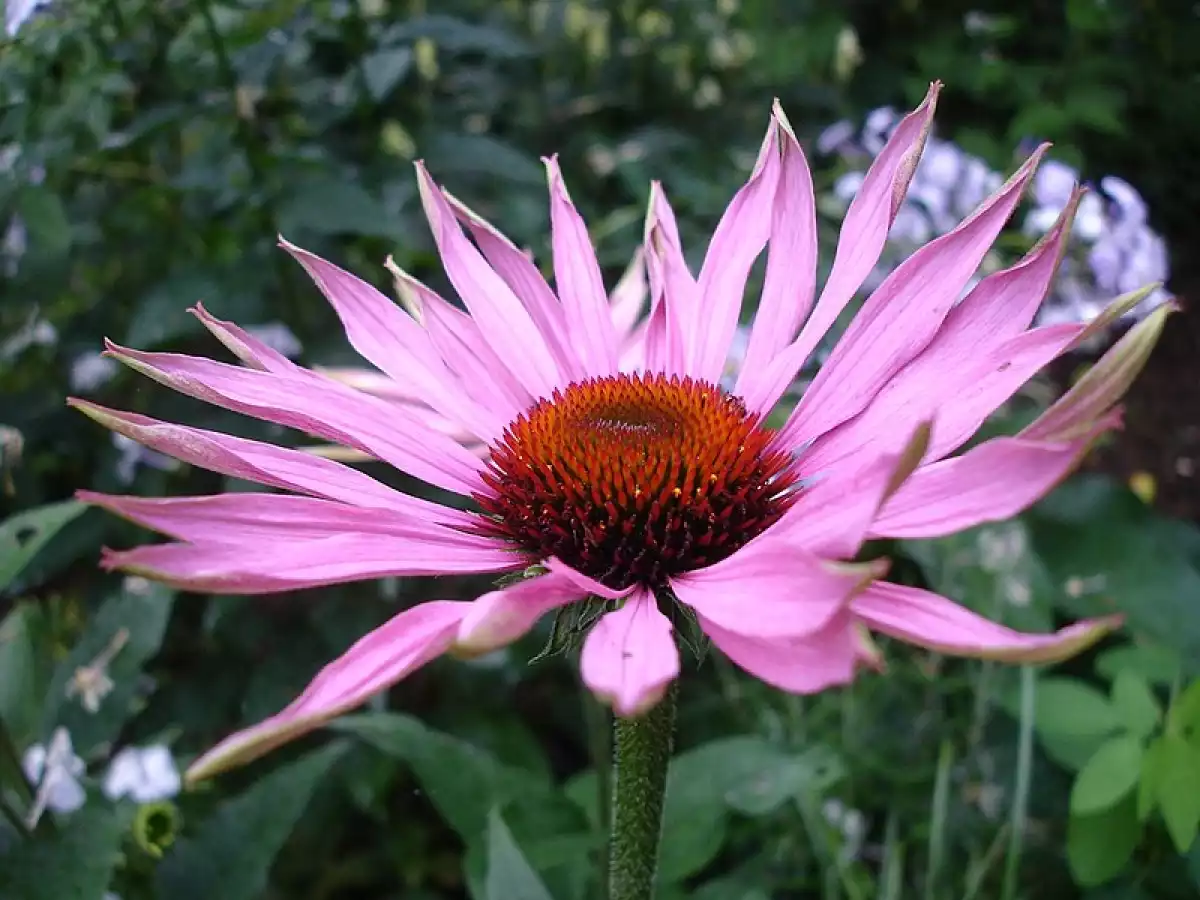
14. Green tea
Green tea is rich in micronutrients called polyphenols, more specifically catechins, which help reduce inflammation of the skin. If we also consider the tea's ability to lower the sebum production and kill the bacterias that cause acne, we have ourselves a prime home remedy for acne (especially in younger children.)
15. Rosemary essence
Rosemary extract contains chemical substances that have antioxidant, antibacterial, and anti-inflammatory properties. Nevertheless, scientists are still looking into the full extent of its benefits in treating acne.
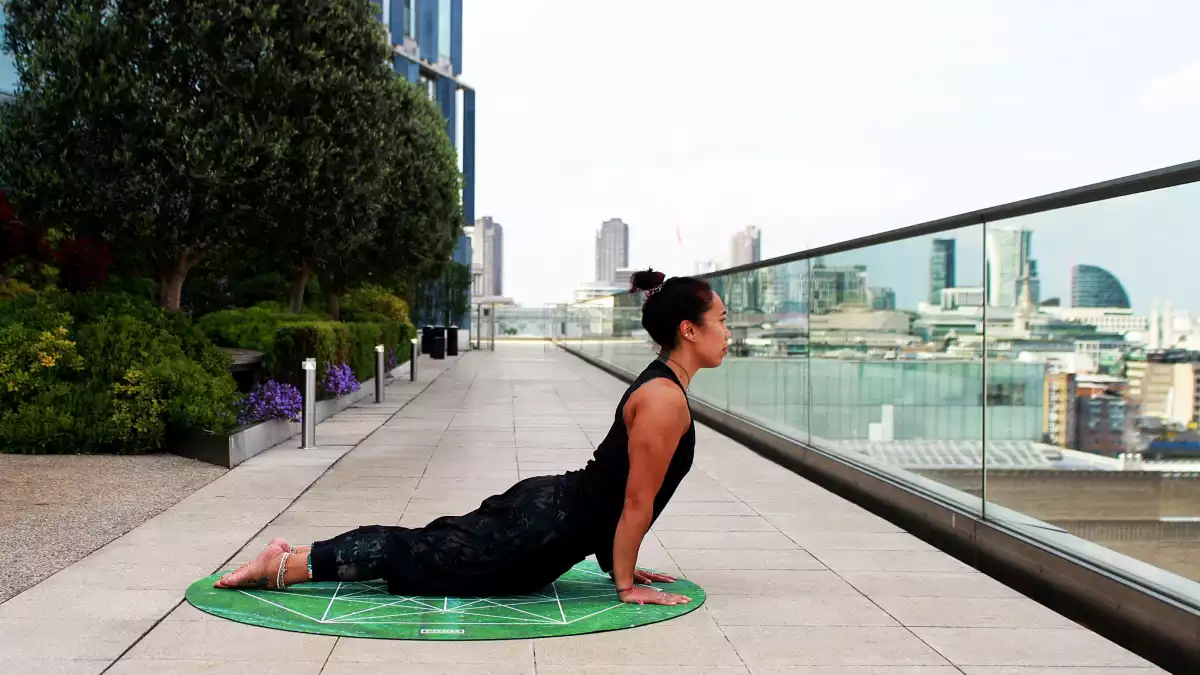
16. Lower stress levels
According to specialists, stress is one of the factors that contribute to having breakouts. High levels of stress increase the level of androgens, and in turn, this hormone stimulates the hair follicles and the sebaceous glands thus increasing the risk of acne.
Exercise is a good way of reducing tension, so try meditating and deep breathing, yoga, or mindfulness, as well as asking for help from your friends and family when you feel overwhelmed by stress.
17. Stay hydrated
Aside from the inherent benefits of staying hydrated, drinking water facilitates treating acne and reduces the risk of breaking out. When out skin lacks moisture, it can become irritated and easily damaged which can result in acne.
18. Purified bee venom
Studies conducted in 2014 and 2016 have shown that purified bee venom may contain acne-fighting antibacterial properties.
Although research still needs to be conducted, purified bee venom could represent the future in acne treating remedies.
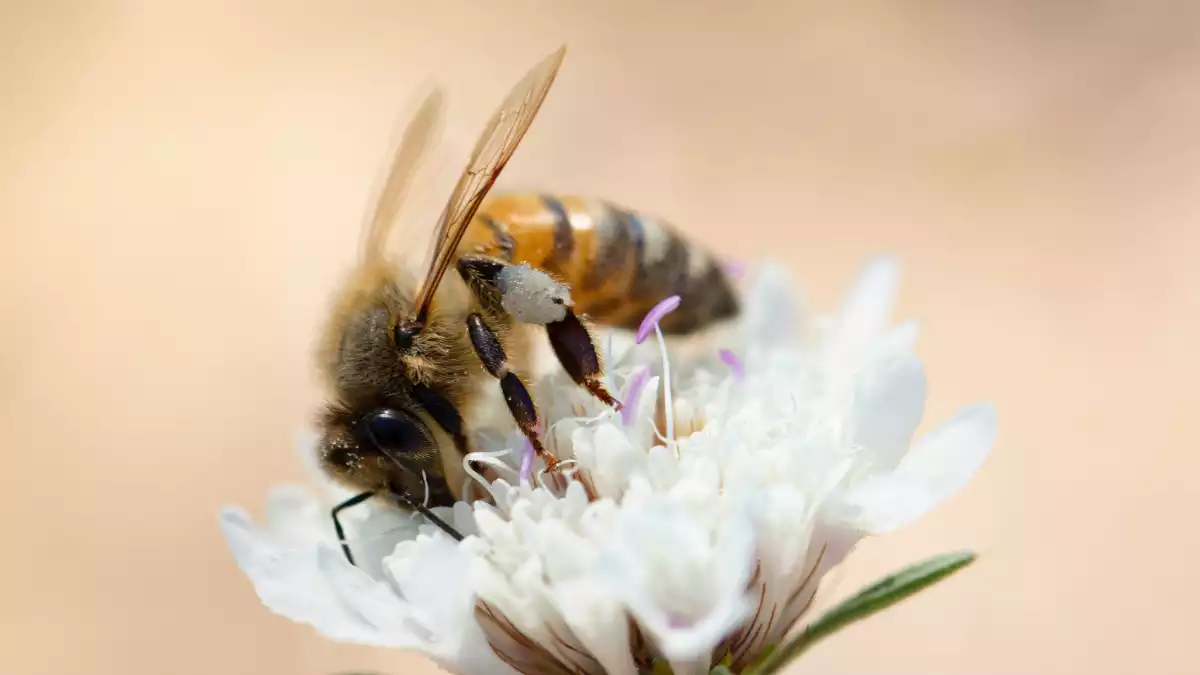
Check out the original article: 18 remedioscaseros para el acné (muy efectivos y seguros) at viviendolasalud.com
References:
Bhate, K. & Williams, H. C. (2013). Epidemiology of acne vulgaris. The British Journal of Dermatology, 168(3): 474–85.
Han, S. M., Lee, K. G. & Pak, S. C. (2014). Effects of cosmetics containing purified honeybee (Apis mellifera L.) venom on acne vulgaris. J Integr Med. 11(5): 320-326.
Sang, M. H., Sok, C. P., Young, M. N. & Nicola, M. (2016). Evaluation of anti‐acne property of purified bee venom serum in humans. Journal of Cosmetic Dermatology, 15(4).
